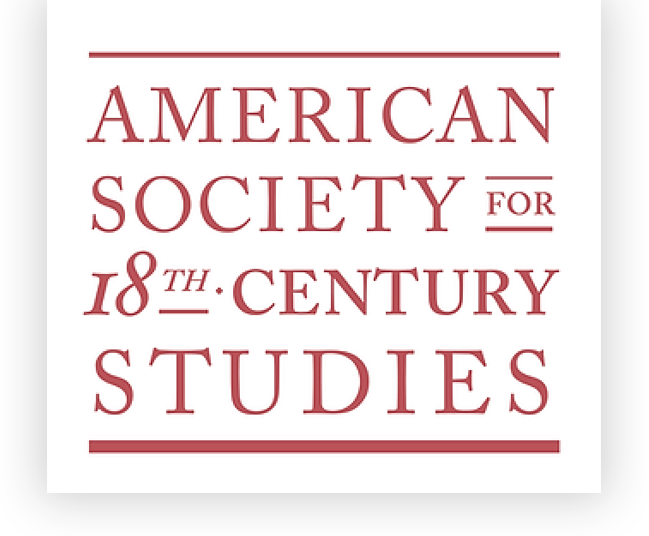Why Partner with ASECS?
The American Society for Eighteenth-Century Studies (ASECS), established in 1969, is the foremost learned society in the United States for the study of all aspects of the period from the later seventeenth through the early nineteenth century. ASECS has held an Annual Meeting since its founding, with the average attendance ranging between 700-800 people in the last few years.
Who makes up the ASECS Membership?
- Membership includes 1600 – 1700 scholars and teachers from a wide range of disciplines and geographic specialties.
- Includes the largest constituency of scholars of eighteenth-century studies in the world.
Who attends the conference?
- Scholars and teachers of eighteenth-century history, languages, literatures, culture, material culture, art, music, theater, and much more.
- Graduate students from a wide range of disciplines interested in establishing their careers.
- Writers looking to develop their research and connect with editors about publication opportunities.
- Academics and other professionals who want to learn about the newest research, publications, and tools for teaching and researching the eighteenth-century world.
Where do our attendees come from?
- The majority of ASECS Annual Meeting attendees come from the United States and Canada.
- Many members of constituent societies of ISECS (International Society for Eighteenth-Century Studies) from Europe and throughout the world also appear on the program.
Why do organizations exhibit at ASECS?
- ASECS is the leading association for academics in Eighteenth-Century studies.
- Access to field leaders in teaching and scholarship.
- To support your authors by promoting their books.
- Meet potential authors looking to publish a book.
- Connect with decision-makers and influencers who are looking for new books to include in their courses.
What type of organizations should exhibit at ASECS?
- Publishers of publications about the eighteenth century, across disciplines
- E-book publishers, digital database providers, and other digital media providers
- Producers of information technologies for humanities scholarship, research, teaching, translation, writing, and editing
